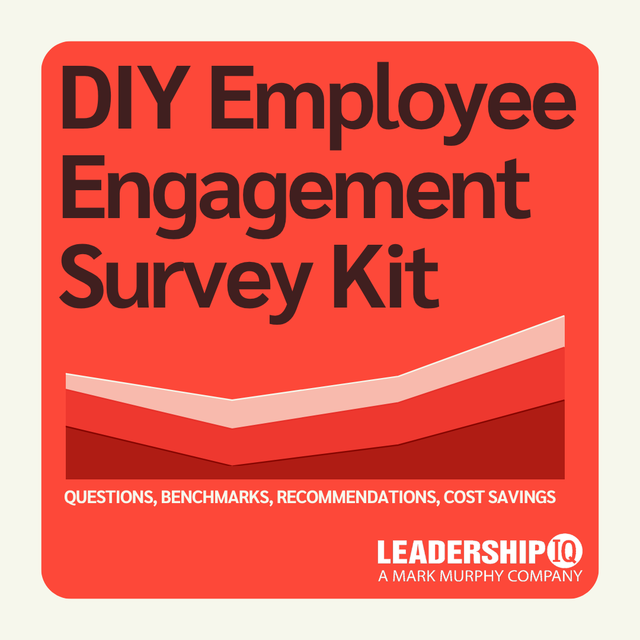These 4 Survey Questions Are Hurting Your Employee Engagement
Here's an uncomfortable truth: Your employee engagement survey might be doing more harm than good.
The problem? You're probably asking questions you don't know how to fix.
Every survey question creates an implicit promise to employees: "We're asking because we'll act on your feedback." Break that promise—ask a question but fail to make significant changes—and you'll damage trust in both the survey and your leadership.
It sounds obvious, yet most organizations get this wrong.
The Shocking Reality
Our research across hundreds of organizations reveals that only 28% of HR executives can confidently say every survey question has a clear path to action. The other 72% admit they struggle to figure out what to do when scores are concerning.
This isn't a minor operational hiccup—it's a trust-killer that makes surveys counterproductive.
Four Bad Questions You Might Be Asking
Consider these common survey questions:
- "I trust my boss"
- "I have confidence in company leadership"
- "The company mission makes my job feel important"
- "Leaders keep people informed"
They seem reasonable, right? Wrong. They're too vague to guide action.
If employees say they don't trust their boss, what do you do? More honesty? More one-on-ones? Better communication? You're guessing—and you'll probably guess wrong.
The Fix: Actionable Questions with Built-In Solutions
The solution is asking questions that immediately suggest concrete actions when scores are low. Here are four examples from our proven survey framework:
1. Leader Responsiveness
[Note: This is one of the 15 questions in our DIY Employee Engagement Survey Kit]
Why it works: Low scores = train managers on constructive response techniques. The fix takes about an hour and is immediately measurable.
Research insight: This question is one of the strongest predictors of employee trust in managers—stronger than honesty, transparency, or any other factor.
2. Transparency About Challenges
[Note: This is one of the 15 questions in our DIY Employee Engagement Survey Kit]
Why it works: Low scores = leadership needs to be more transparent about problems. Specific communication, specific solution.
The research: Employees who believe their company openly shares challenges are 10 times more likely to recommend it as a great organization to work for.
3. Performance Clarity
[Note: This is one of the 15 questions in our DIY Employee Engagement Survey Kit]
Why it works: Low scores = implement better feedback systems, clearer expectations, and more frequent check-ins. All highly actionable.
The reality check: Nearly 1 in 3 employees still lack clarity about their performance—a fixable problem that directly impacts productivity and retention.
4. Recognition Effectiveness
[Note: This is one of the 15 questions in our DIY Employee Engagement Survey Kit]
Why it works: Poor scores = train managers on recognition techniques. Quick to implement, immediate impact on engagement.
The payoff: Top-quartile organizations see dramatically better retention and performance.
The ROI of Actionable Questions
When you ask fixable questions:
- Problems get solved faster (no months of guessing what "low trust" means)
- Managers feel empowered (they know exactly what to do)
- Employees see real change (building confidence in leadership)
- Progress is measurable (specific actions = trackable results)
Your Next Steps
Before your next survey, apply this test to every question: "If we get a low score, what specific actions will we take?"
Can't answer clearly? Fix the question or remove it.
Remember: every question is a promise. Make sure you can keep the promises you're making.
Want surveys that actually drive change?
Our DIY Employee Engagement Survey Kit includes 15 research-backed questions with clear action plans and industry benchmarks. Every question has been tested across thousands of employees and comes with specific guidance for improvement.
Learn more about creating surveys that work






